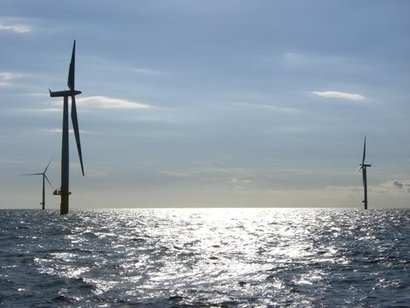
The government passed legislation committing to a 2050 Net Zero greenhouse gas emissions target in June 2019. The aim of the legislation was to deliver on the commitments the UK had made through signing the Paris Agreement in 2016. The government also wanted to set an example to other countries in the run up to hosting the 26th United Nations’ Climate Change Conference of the Parties (COP26), which is due to take place in Glasgow in November 2021.
The NAO report finds that aiming for Net Zero will require an increase in the level of ambition by the government from its previous emissions reduction target set in 2008. This target did manage to achieve an emissions reduction of 28 percent, faster than any other G28 country, but further emissions reduction aimed at achieving Net Zero will require quite radical changes to the UK economy. This should include further investment in renewable electricity generation and also changes to the way people travel, land use and building heating and cooling.
The report aims to support Parliamentary and public scrutiny of government’s arrangements for achieving net zero and is a companion to an earlier report assessing how government organises itself in order to achieve broader environmental objectives. It covers the scale of the challenge facing the government in order to achieve the Net Zero target and the roles and responsibilities for achieving net zero within government. It also sets out the coordination requirements needed in order to bring together the different government departments and the government’s plans and the risks it faces in order to achieve the target.
The conclusion reached by the report is that achieving Net Zero will require wide-ranging changes across society and the economy at a pace which leaves little room for delay. It points particularly to government departments, including the Department for Business, Energy & Industrial Strategy (BEIS), as needing to put in place essential components for effective cross‑government working, such as integrated planning and progress monitoring, and processes to manage interdependencies.
The government also needs to lead a concerted national effort to achieve the Net Zero target. This will require constructive and active engagement with all those involved, across the public sector and with industry and with citizens.
For additional information:

